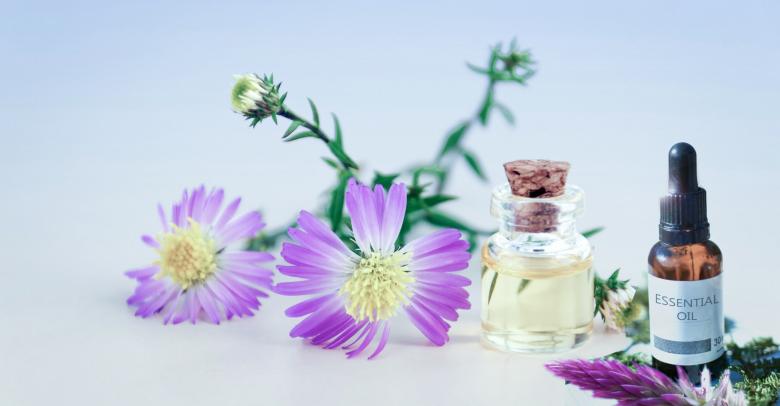Essential Oils for Toothache: The Most Effective Natural Pain Relief
Are you suffering from tooth pain? Are you searching for ways to reduce the pain? If so, then essential oils may be the answer for you! In this article, we will discuss the most effective essential oils that can relieve pain in the teeth.
We'll also give you some suggestions for using these oils safely and effectively. If you have toothache be sure to read this article!
What Are Essential Oils?
Essential oils are plant extracts which have been utilized for centuries to treat a range of conditions. These oils are believed to be effective because they contain powerful antioxidants and anti-inflammatory substances.
Types Of Essential Oils
There are a variety of essential oils available and each has distinct properties. Some of the most well-known essential oils to ease toothaches include:
- Clove oil
- Peppermint oil
- Lavender oil
- Myrrh oil
How can you use essential oils for toothache relief
You can use essential oils to ease toothaches in a variety of ways. Here are some of the most well-known methods:
- Inhalation: One way to utilize essential oils is to breathe them directly from the bottle. This is a fast and effective method of relieving pain.
- Compress: You can add essential oils to compresses and apply it directly to the area that is affected.
- To help relieve your pain You can add essential oils to your mouthwash or toothbrush.
Are there any adverse consequences?
Essential oils are usually safe however it is best to speak with a physician before using them if you are pregnant or breastfeeding. Essential oils should be avoided if essential oils are sensitive to you.
How to Determine the dosages of essential Oils?
Doses of essential oils can vary depending on the oil and the condition. It is always best to start with a small dose , and then increase the dosage as needed. These are general guidelines to essential oils:
- Inhalation A few drops from the bottle or put them in a diffuser.
- Topical application: One to two drops mixed with a carrier oil
- Oral dosage: 1 drop under your tongue or into a glass of of water
How To Make The Aromatic Oils' Effects Last Longer?
It is recommended to apply essential oils in a small quantity initially, and then increase the dosage depending on the amount you require. A few general recommendations for essential oils include:
- Inhalation: A few drops in the diffuser or directly from the bottle
- Topical application: Apply one to two drops of carrier oil mixed with one or more drops
- Dosage for oral use: 1 drop under your tongue or into a glass of of water
To make the effects of essential oils last longer, you can also include them in your bath. Fill the tub up with warm water, and then add 5-10 drops of essential oils. In the tub, soak for at least fifteen minutes. Essential oils should be avoided if you suffer from a sensitivity to essential oils. Essential oils to treat toothache.
What To Look For While Buying Essential Oils
Essential oils should only be purchased from a reputable firm. The oil should include the botanical name of the plant on the bottle, and not simply "lavender oil" or "tea tree oil."
Essential oils should be of therapeutic grade, which means it has been tested and is in compliance with certain quality standards.
Can You Use Essential Oils for Internal Use?
Some essential oils can be taken in, however most are not suitable for consumption internally. Make sure you examine the label carefully to determine if the oil can be ingested.
Conclusion:
We'd like to conclude with a reminder that essential oils may be used to treat pain and other problems related to your oral health. If you feel intense pain, see your dentist immediately.

